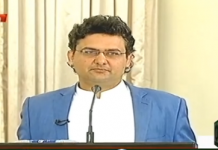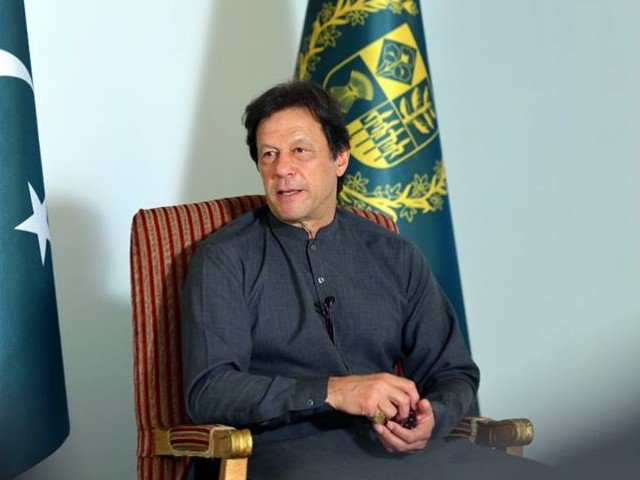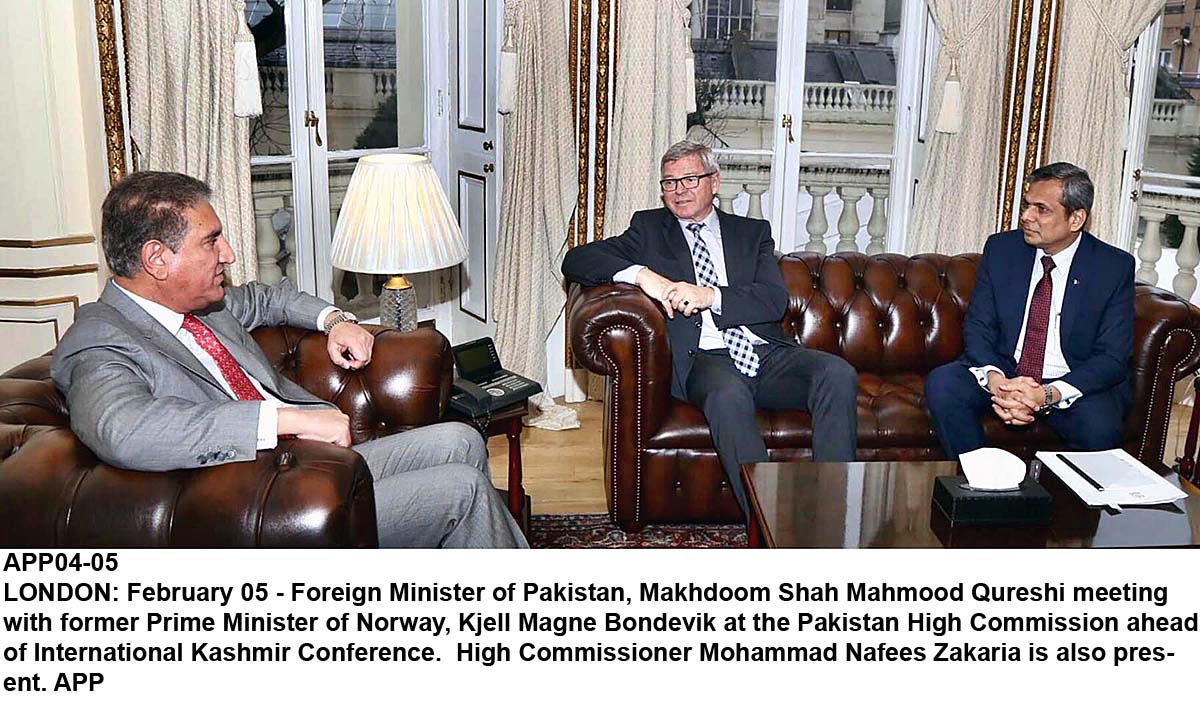MANILA: State Minister and BISP Chairperson, Marvi Memon, represented Pakistan in the Asia-Pacific Social Protection (APSP) conference, held at the Asian Development Bank (ADB) headquarters, in Manila.
The event is organised to help evolve a program to share expertise from within and outside the Asia and Pacific region, as well as to discuss development practices in establishing comprehensive and sustainable social protection systems.
In her address at a session on “Excellence in Governance for Social Protection”, Memon elaborated on the evolution of the Benazir Income Support Program (BISP) as a flagship social safety net system in Pakistan. She termed BISP as “Pride of Pakistan”, which was committed to giving dignity, empowerment and a meaning of life to its 5.3 million beneficiaries.
She also added that in a very short span of 8 years, BISP had emerged as a leading social safety net (SSN) program and had adopted best international practices, innovative procedures and advanced delivery and governance mechanisms to benefit the poor segments. BISP had developed a biometric payment mechanism with more than 250,000 touch points across the country that utilised both banks and branchless banking networks, she asserted.
While highlighting the strong resolve of the present government to reform the social protection mechanism, she also stated, “The government places special emphasis on the expansion of BISP and improvement of its delivery mechanism as BISP budgetary allocations has been increased to Rs 115 billion from Rs 40 billion under the leadership of PM Nawaz Sharif and Finance Minister Senator Ishaq Dar.” Memon further added that BISP aimed to top the world by registering a state-of-the-art NSER poverty survey.
Pakistan was the first country where a social safety net program was using Computer Based Personal Interviewing approach (CAPI) for the collection of its data, instead of Paper Based Personal Interviewing (PAPI), she added. She also noted that the pilot phase of new poverty survey had been initiated and the entire exercise was expected to be completed by March 2018.
Memon was of the view that BISP had adopted a multi-pronged strategy to empower the poor so that they may graduate out of poverty. She also highlighted that under the Waseela-e-Taleem (WeT) initiative–a CCT program–1.3 million children had already been enrolled in schools. “These beneficiary children, between the age of 5 and 12, received Rs. 250 per month,” she added.
She apprised the gathering about their target of enrolling 2 million children in schools, which will be met by December 2016. The Minister also apprised the audience of the initiatives of Prime Minister’s Interest Free Loans and BISP’s E-Commerce, which focused on poverty alleviation by encouraging entrepreneurship. The e- commerce initiative of BISP also provided a platform for online sale of the handicrafts of the beneficiaries in order to make them financially independent.
BISP had developed exportable experience and many countries had already sought its assistance in establishing SSN programs, she maintained. Memon also acknowledged the cooperation and the technical assistance of ADB and other partner organizations that have been instrumental in making BISP a success story. She then launched the idea of a “League of Social Safety Nets” where data sharing from all Asian countries could occur virtually on the internet so that success could transfer between products and services in order to help millions of Asians graduate out of poverty. She also met the senior management of ADB and got a positive feedback on her proposal.













